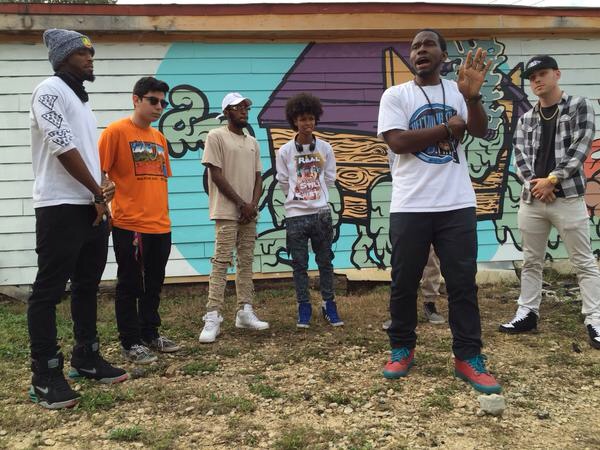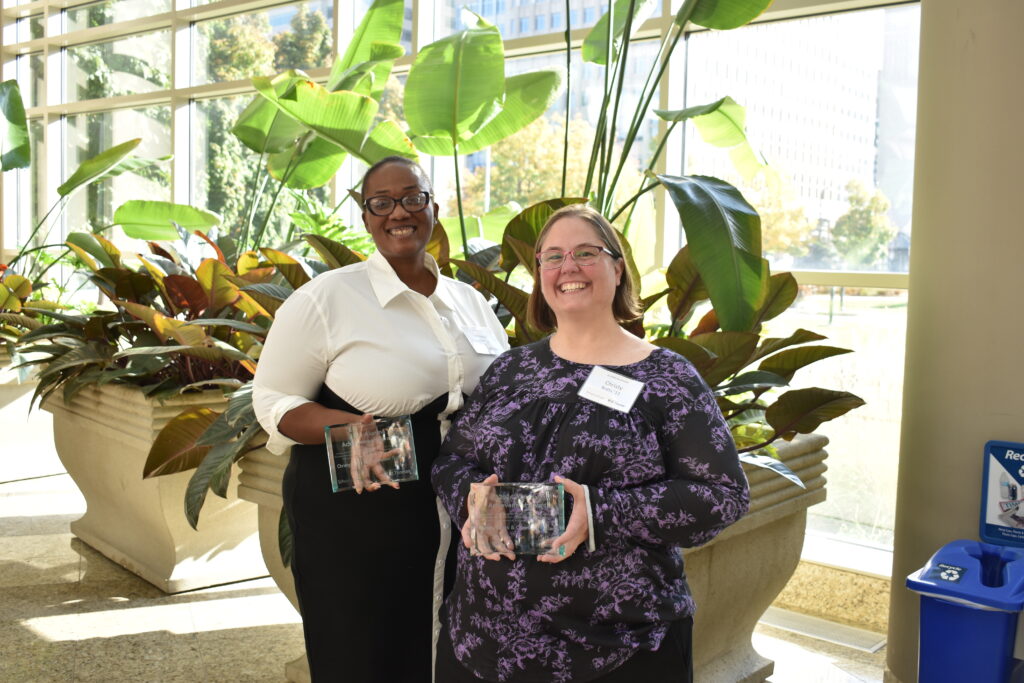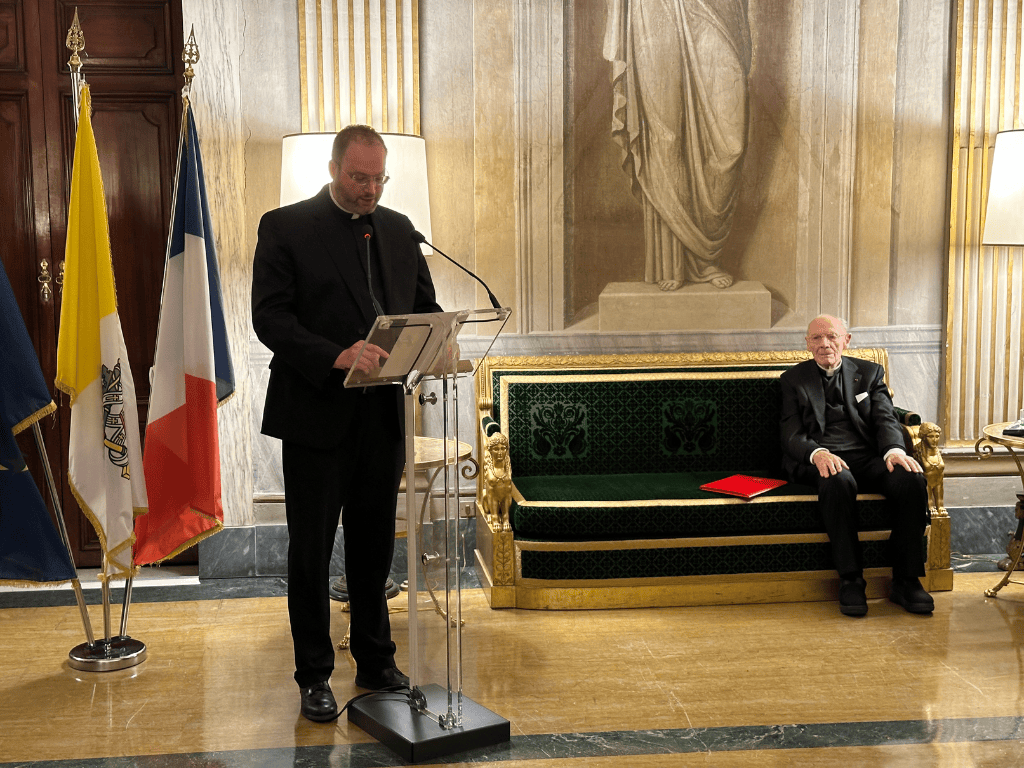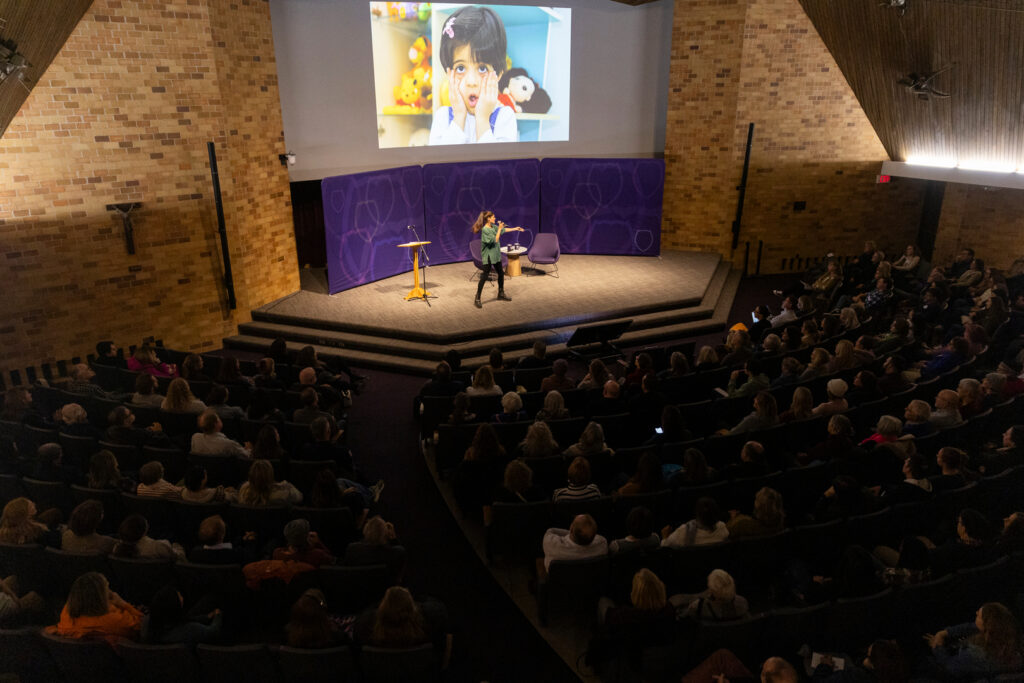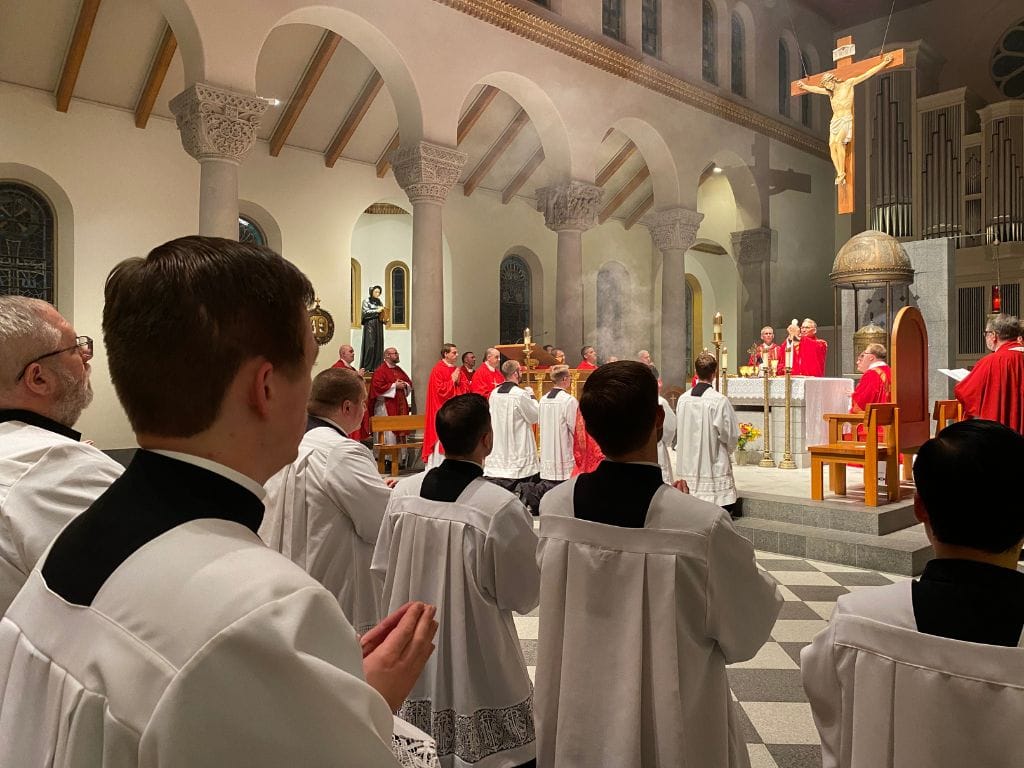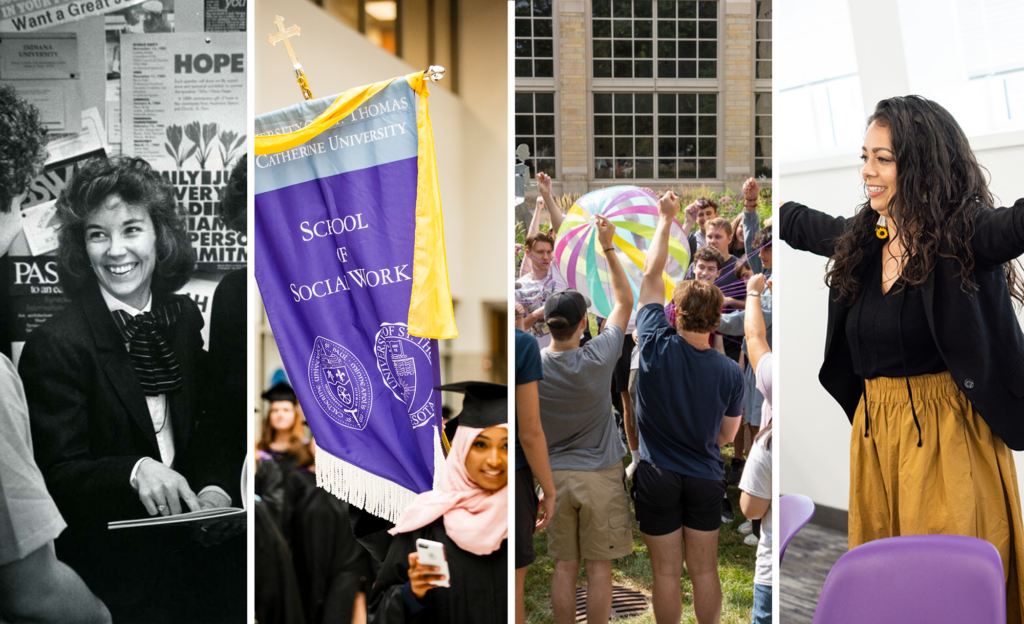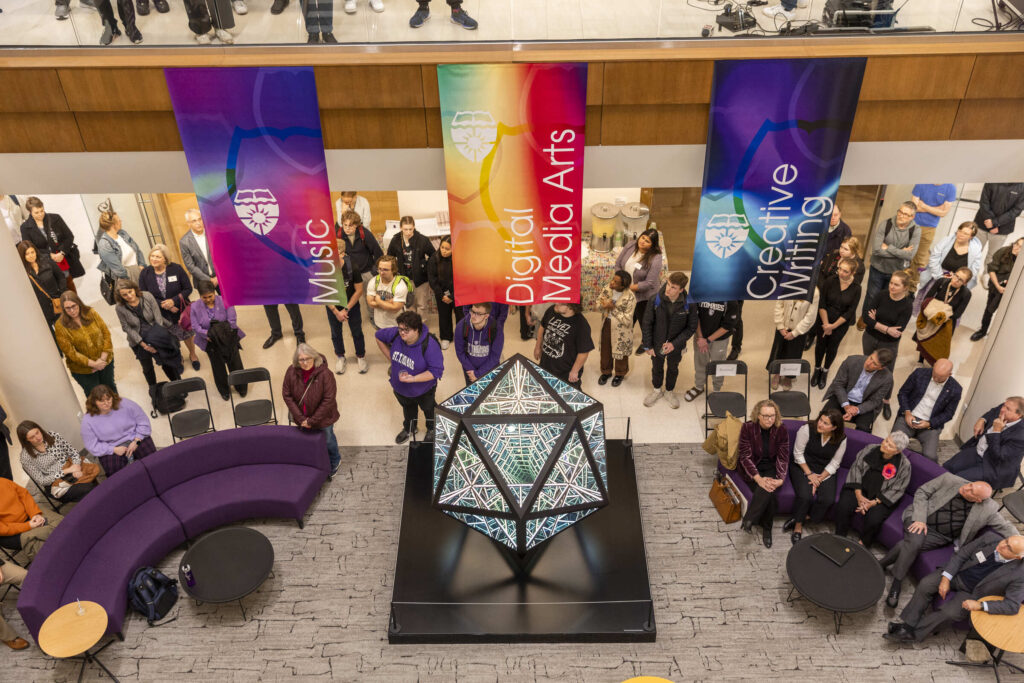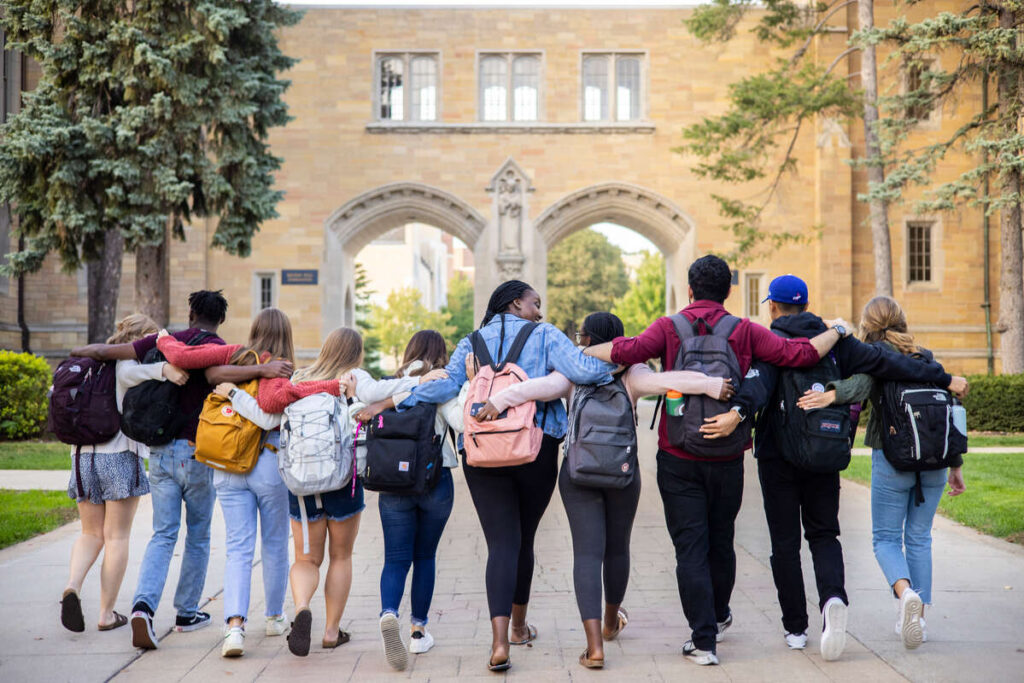This is a guest blog from the Schulze School of Entrepreneurship Artist in Residence, Malik Watkins ’08, stagename: MaLLy. Watkins, along with Sociology major Zander Tsadwa and English major James Mite, attended the 11th Annual A3C Conference in Atlanta, October 7-11. They learned and worked with hundreds of artists, professionals, industry experts and academics. Learn more about the Artist in Residence initiative here. Here are their stories.
“Being an independent artist is to be an entrepreneur” -- MaLLy
Once the plane landed there was an indescribable energy in the air. Atlanta is an innovative mix of so many backgrounds, dialects and ways of life. That’s also what I love about hip-hop, so what better place to host showcases and forums on how to grow the business of music? Taking this experience in through that lens has been priceless.
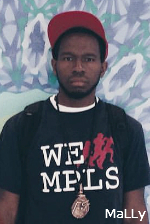 Being an independent artist is to be an entrepreneur. We always have to be thinking about our next idea to creatively present our product to new and existing customers. Walking around Atlanta I crossed paths with artists on the street handing out CDs and stickers, rhyming on the corner, holding signs or trying to stand out with costumes. This environment inspired so many ideas of how my company, Fresh Heir, could grow by focusing on innovative promotional tactics, social media and new visual content.
Being an independent artist is to be an entrepreneur. We always have to be thinking about our next idea to creatively present our product to new and existing customers. Walking around Atlanta I crossed paths with artists on the street handing out CDs and stickers, rhyming on the corner, holding signs or trying to stand out with costumes. This environment inspired so many ideas of how my company, Fresh Heir, could grow by focusing on innovative promotional tactics, social media and new visual content.
This convening of hip-hop artists made me think about the relationships we have with each other and our ability to leverage those relationships to form new connections and opportunities. Conversations during the mixers led to an interview for “Hip Hop Got Me Here," providing a platform for Zander, James and I to talk about our collaboration with St. Thomas, the partnership between the Entrepreneurship and Music Departments and what we’re learning at A3C that we can apply to Fresh Heir upon our return to the Twin Cities.
The panels on “Creating a Creative Economy” and “Minding Your Business” provided some of the most valuable insight of the conference. Some of the things that were said have stuck with me:
- "Make sure that your creativity is tied to technology"
- “Disrupt the typical models of creation and connection”
- “Mitigate the ‘earn and burn’ syndrome”
- “Study artists you admire and how they’ve managed to be in several different places at any given moment”
I realized the ways of delivering my product continues to change and so do people’s ability to digest what they’re taking in. I’m asking myself to think differently about ways I can keep my audience engaged and revenue coming in after I drop an album.
Being a part of these conversations reinforced that I’m doing some things well with my business. I’m an ASCAP member and have had my music licensed in several arenas. Maximizing my skill set as a songwriter and composer has been tapped but I know there’s room to expand. Business is only business when you’re making money. Figuring out how to keep revenue coming in between albums and performances is key.
These ideas came together with Ryan Leslie’s motivational conversation with Jinx, from Complex Magazine. Ryan’s first words were “care about those who have supported you,” the super fans. His overarching points to all artists and producers in the rooms were:
- “create at the highest level and have direct engagement with your fans”
- “spend money to turn fans into customers”
- “an experience is what you should be creating”
- “you don’t need a label to make money or to live”
- “you can sell more than a single”
I ended the last night of the conference with a showcase performance at Apache Café in the Clutch Concert Series hosted by Mic Sick and Phene. This showcase featured artists from Alabama, Detroit, Atlanta, New York and Hawaii. As soon as I hit the stage I felt at home. I shared my experiences in Atlanta, cracked jokes and soon had the audience chanting the choruses and raising their hands. When I got off the stage someone I’d met earlier excitedly said, “My dude! You’re nice! I had no idea you got busy like that! When you got on stage it was a transformation!”
I truly love being an independent artist. I’ve never felt so good to be around artists and fans from all over the world. We speak the same language when it comes to music. The ultimate connection. Independent artists are the heart of this festival and after my time at A3C I am optimistic about the future and more eager to grow my business financially, musically, strategically and creatively.
An International Flavor -- Zander Tsadwa
As MaLLy’s manager, the panels I was looking forward to the most were the ones about hip-hop in the London and Halifax, Nova Scotia, since I’m interested in ways to promote MaLLy in new regions. Despite having the artists, venues and fans, both cities’ hip-hop artists have issues with being represented in their locales (and outside them), but have lively hip-hop scenes.
The United Kingdom government sees hip-hop and “grime music,” a unique British offshoot of hip-hop, as a threat to the establishment. Only large acts, primarily from the United States, get play on the BBC and Radio One. TV and press coverage is no different. This drove and continues to drive pirate radio stations, a system of illegally hijacked radio signals used by the hip-hop/grime community.
 Hip-hop and grime in the UK are both sociopolitical, draw a lot from American hip-hop, and inspire very committed fan bases that go the lengths to hear their artists. I spoke with a London-based hip-hop/grime group, The Square, and their manager, Peter Todd, after the panel. I discussed the potential of a long-term relationship where our management team could book and market British artist appearances in the Twin Cities and The Square would book and market MaLLy’s appearances (and potentially other Twin Cities artists) in London.
Hip-hop and grime in the UK are both sociopolitical, draw a lot from American hip-hop, and inspire very committed fan bases that go the lengths to hear their artists. I spoke with a London-based hip-hop/grime group, The Square, and their manager, Peter Todd, after the panel. I discussed the potential of a long-term relationship where our management team could book and market British artist appearances in the Twin Cities and The Square would book and market MaLLy’s appearances (and potentially other Twin Cities artists) in London.
Halifax’s size is approximately 390,000 people, comparable to Minneapolis (400,070), but like many other Canadian metro areas, is very isolated. This keeps the city’s artistic exports from ever being effectively shipped out. Jay Mayne, the rapper from Halifax who spoke on the panel, had enough media attention and quality music, based on our research, to garner consideration for a partnership. I hit it off with his manager, Andree Gracie, who not only appreciated the research we did but saw the same opportunity in granting intimate access to each other’s respective markets. I am glad both Andrée and Peter were receptive to my ideas.
I can see the Twin Cities creating an identity around progressivism and a globally-minded approach to music where independent artists thrive off of the support of highly engaged fans. I recalled MaLLy’s set at 7th Street Entry almost two weeks before A3C. 7th Street, like many Twin Cities venues, is lively and intimate. The fans that came to buy MaLLy’s projects were so appreciative of him. It reinforced my view of the metro as a mid-level music market with consumers hungry for an artist to “ride or die for,” and artists dying to find these fans. To me, it seems like bringing in acts from London or Halifax would spur a lot of interest in local shows and with Fresh Heir at the head of those new international partnerships, we would be riding a wave that sees the Twin Cities music market become its own unique success story along the lines of a Seattle or Austin.
Visual Music -- James Mite
My focus at A3C was to learn more about photography and film in hip hop and how that could translate to what we’re trying to accomplish with MaLLy. The Center for Civic Innovation, a social entrepreneurship incubator in Atlanta, held a contest looking for documentary film ideas using hip hop culture, music or art to address a social issue. Our idea, a documentary covering independent hip hop business practices in the Twin Cities and the potential application of these practices on a larger scale was recognized as a semifinalist, placing in the top 21 out of more than 200 submissions. The organization was supportive of what we’re trying to do and was very interested in the Artist in Residence program at St. Thomas.
The first panel I attended “Atlanta: The New Hollywood,” delved into the incentives of filming in the nation’s third largest film production center; Georgia, which provides a very appealing tax incentive program (up to 30 percent reimbursement) for films made in the state. I found Minnesota has a competitive incentive program as well, a 20 percent reimbursement is available for feature film/documentary/music video budgets of at least $100,000 and more available for larger projects. I found Minnesota’s production incentives at be very generous from the perspective of an independent filmmaker.
Moreover, as I continue researching distribution strategies for the documentary we’re working on, the tax incentive allows for a great opportunity to produce a feature length documentary. My aim for the documentary is to debunk the myth that Minneapolis is a “fly-over” city and I would and show the vibrancy and success of Twin Cities based artists and record labels. By shedding light on the independent hip hop scene, from an artistic and business perspective we can accomplish this. This conference showed us how music, art and business are inextricably connected and it reaffirmed my thought that we need all three together to be successful as entrepreneurs in hip hop.
